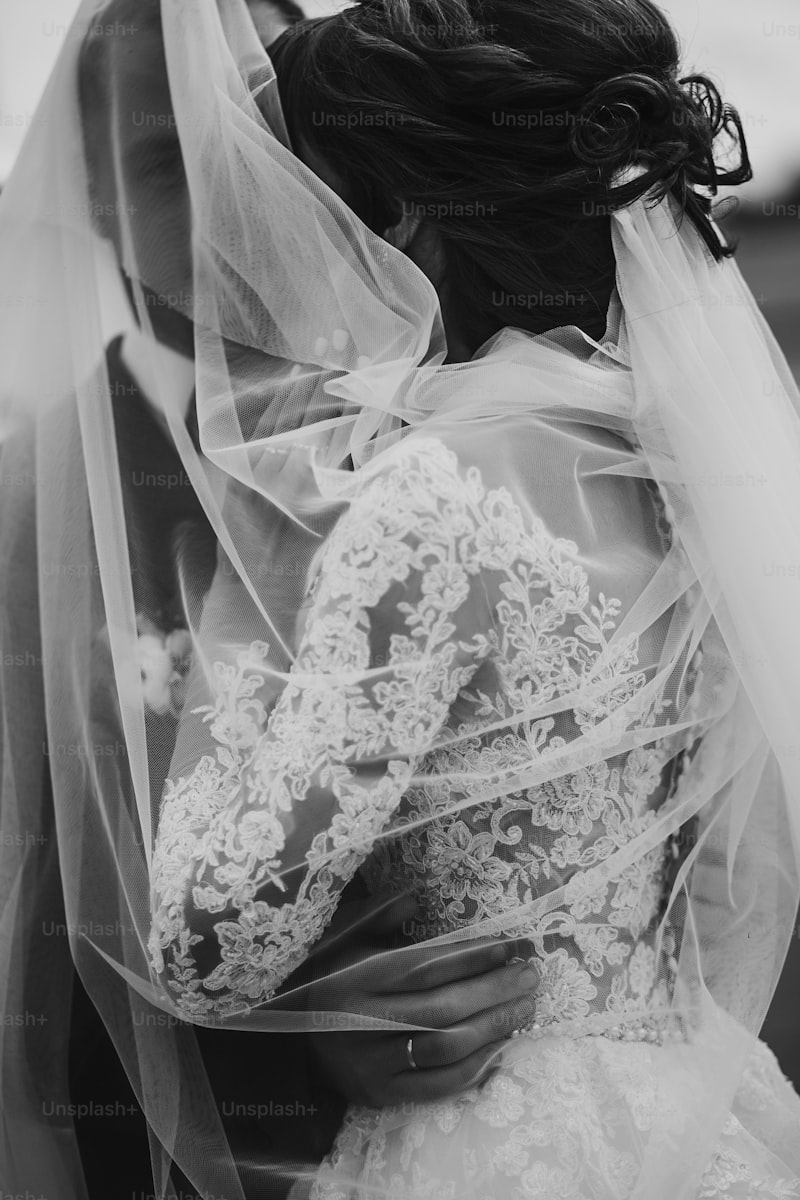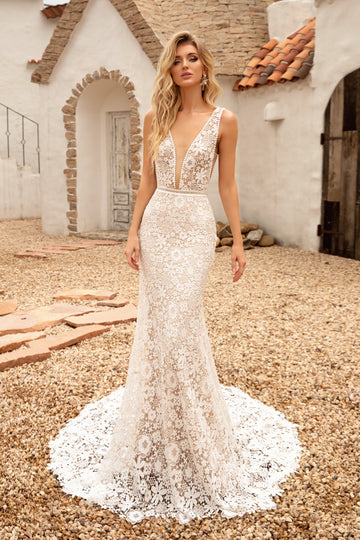The Evolution of Wedding Fashion: A Journey Through Time
The Evolution of Wedding Fashion: A Journey Through Time
Unveiling the History of Wedding Fashion
Wedding fashion has undergone a mesmerizing evolution, reflecting societal changes, cultural influences, and individual preferences throughout history. From the opulent gowns of royalty to modern minimalist trends, every decade has brought something unique to the bridal landscape. In this article, we will delve into the fascinating journey of wedding attire, exploring its transformation through the ages and the various elements that have shaped it.
Historical Origins of Wedding Dress Styles
The tradition of wearing special attire for wedding ceremonies dates back centuries. Historically, brides wore dresses that reflected their social status, wealth, and the customs of their culture. In ancient Rome, brides wore tunics made from wool, while in the Middle Ages, wealthy women opted for rich fabrics adorned with jewels.
The White Dress Phenomenon
One of the most significant shifts in wedding fashion occurred in the 19th century when Queen Victoria chose to wear a white gown for her marriage to Prince Albert in 1840. This decision set a new trend that slowly gained popularity, making white the color of choice for brides. The symbolism of purity and innocence associated with white further cemented its place in wedding fashion.
| Decade | Fashion Trends |
| 1920s | Flapper-inspired dresses with dropped waists and intricate beadwork. |
| 1950s | Classic ball gowns with full skirts and cinched waists, influenced by Hollywood glamour. |
| 1980s | Exaggerated silhouettes, puffed sleeves, and lavish decorations embodying a romantic excess. |
| 2000s | Simplified designs with a focus on comfort and personal style. |
Cultural Influences on Wedding Fashion
Wedding fashion is not simply a reflection of personal taste but is also profoundly influenced by cultural heritage. In many Asian cultures, it is customary for brides to wear vibrant colors such as red or gold, symbolizing prosperity and good fortune.
Asian Bridal Wear
In countries like China, brides often don a traditional qipao or a modern red gown for their celebrations. These designs are intricately embroidered with patterns symbolizing luck and happiness. In India, bridal sarees are adorned with heavy embellishments and are often made from luxurious silk fabrics. Each detail serves not only as fashion but as a testament to deep-rooted traditions and family values.
The Role of Fashion Designers in Modern wedding Attire
The influence of renowned fashion designers has significantly shaped contemporary wedding fashion. Designers like Vera Wang, Monique Lhuillier, and Elie Saab have redefined bridal wear, introducing innovative styles that revolutionize how brides view their Wedding dresses.
Sustainable Wedding Fashion
As environmental consciousness rises, sustainable wedding fashion has also emerged as a trend. More brides are opting for eco-friendly materials and ethical production practices. Designers are responding by creating collections that emphasize sustainable fabrics and vintage elements, resulting in pieces that tell a story while minimizing the ecological footprint.

Modern Trends in Wedding Fashion
Today, wedding fashion continues to evolve, reflecting a blend of tradition and modernity. Here are some notable trends shaping the industry in recent years:
Jumpsuits and Pants
Many modern brides are ditching the customary gown for chic jumpsuits or tailored pantsuits. This trend reflects a more casual approach to weddings, allowing brides to express their individuality and comfort while still looking stylish.
minimalist Styles
Minimalism is on the rise, with clean lines, understated fabrics, and a focus on fit becoming increasingly popular among brides. This trend signifies a shift towards practicality and timeless elegance, allowing brides to shine through simplicity.
Accessorizing Wedding Attire
Accessories play a crucial role in enhancing wedding fashion. From bridal veils to statement jewelry, the right accessories can transform a simple dress into a breathtaking ensemble. Understanding how to choose the perfect accents is essential for any bride looking to complete her wedding day look.
Bridal Veils
Whether long and flowing or short and chic, veils have remained a staple in bridal fashion. They not only add an air of romance but also serve various cultural and religious purposes. Many brides now opt for unique designs or even skip the veil in favor of statement headpieces, creating personal flair on their special day.
Sustainable Accessories
Similar to dresses, the trend towards sustainability extends to accessories as well. Brides are gravitating towards vintage pieces or items crafted from recycled materials, supporting the movement for eco-conscious wedding fashion.
Final Thoughts
The evolution of wedding fashion is a beautiful representation of changing societal norms, personal expression, and cultural diversity. From the regal gowns of the past to the modern silhouettes of today, each piece tells a story rich in tradition and innovation. As we look forward, it is essential for brides to embrace their individuality, ensuring that their choices reflect who they are while respecting the legacy of wedding fashion.
In conclusion, whether you are inspired by vintage elegance or modern sophistication, remember that the most important aspect of your wedding attire is to feel comfortable and confident on your big day. Explore different styles and trends, but always keep in mind that your wedding fashion should resonate with your personal style and vision for your celebration. Happy planning!
